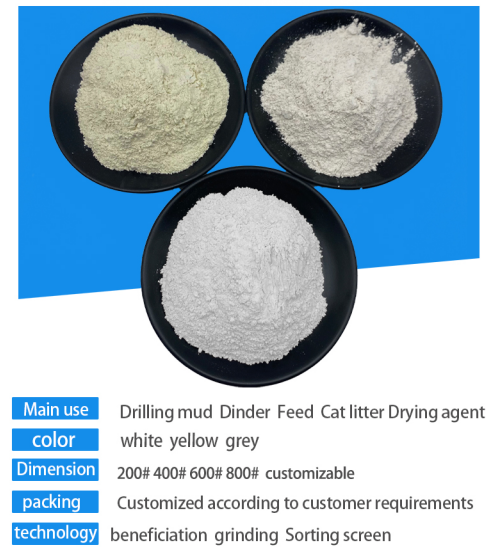
diatomaceous earth
The Marvels of Diatomaceous Earth Nature’s Multifunctional Wonder
Diatomaceous earth (DE) is a remarkable natural substance that has garnered attention in various fields, from agriculture to health, and even in the realm of industrial applications. Comprised primarily of the fossilized remains of tiny, aquatic organisms called diatoms, DE is rich in silica and offers a spectrum of benefits that are both environmentally sustainable and highly effective.
What is Diatomaceous Earth?
Diatomaceous earth is a powdery substance formed from the sedimentation of diatom shells over millennia. These microscopic organisms, which are a type of algae, possess intricate silica structures that, when fossilized, create a fine, chalky powder. DE is mined from deposits found in various parts of the world and comes in two main grades food-grade and industrial-grade. While both types share some similarities, food-grade DE is safe for human and animal consumption, whereas industrial-grade DE is used in a range of applications but is not safe for ingestion.
Agricultural Uses
One of the most significant applications of diatomaceous earth is in agriculture. It serves as a natural insecticide, effectively helping farmers manage pests without resorting to harmful chemicals. The sharp edges of the DE particles damage the exoskeletons of insects, leading to dehydration and death. By incorporating DE into their pest management strategies, farmers can protect their crops while promoting an ecosystem that is less reliant on synthetic pesticides.
Moreover, DE is a valuable addition to soil health. It enhances aeration and water retention, making it ideal for gardening and sustainable agriculture. When mixed into the soil, it improves structure and drainage, fostering an environment where plants can thrive. Its ability to retain moisture makes it particularly beneficial in arid regions where water conservation is paramount.
Health and Wellness
Beyond agriculture, diatomaceous earth finds its place in the health and wellness sector
. Many individuals consume food-grade DE as a dietary supplement, claiming it offers benefits such as improved digestion and detoxification. The high silica content is believed to promote healthy skin, hair, and nails, making it a popular choice among beauty enthusiasts seeking natural health remedies.diatomaceous earth

Additionally, DE is known for its ability to support gut health. It acts as a natural binder, helping to eliminate toxins and impurities from the digestive system. However, as with any supplement, it is essential to consult with a healthcare provider before incorporating DE into your diet, particularly for those with existing health concerns.
Industrial Applications
Diatomaceous earth's uses extend to various industries as well. Its absorbent properties make it an effective filtration medium for water treatment plants, swimming pools, and even wine and beer production. DE is used to clarify liquids by trapping impurities, providing a natural alternative to synthetic filtration aids.
Furthermore, DE is incorporated into construction materials, paint, and insulation products due to its excellent thermal properties. Its lightweight, non-toxic nature makes it ideal for manufacturing eco-friendly building materials that contribute to sustainable construction practices.
Environmental Impact
One of the most appealing aspects of diatomaceous earth is its minimal environmental impact. As a naturally occurring substance, DE is biodegradable, making it an excellent alternative to chemical agents in pest control and construction. Its use promotes sustainability and reduces the carbon footprint associated with synthetic products.
Conclusion
In summary, diatomaceous earth is a versatile and invaluable resource, mirroring the ingenuity of nature in its myriad applications. From enhancing agricultural practices and supporting health to its role in various industrial processes, DE stands out as a multifunctional wonder. Embracing its use not only promotes sustainability but also fosters a return to natural solutions in a world increasingly dominated by synthetic alternatives. As interest in organic and eco-friendly practices continues to grow, diatomaceous earth is poised to remain at the forefront of innovation in multiple fields, showcasing nature's ability to provide for humanity in diverse and beneficial ways.
Share
-
Premium Resin Coated Sand - High Heat Resistance CastingNewsJul.31,2025
-
High Quality Silicon Carbide Grit for Abrasive ApplicationsNewsJul.30,2025
-
High-Quality Ceramsite for Plants & Gardening | Lightweight PebblesNewsJul.29,2025
-
Premium Burgundy Glass Marbles for Vases & Shooter GamesNewsJul.29,2025
-
High Purity Quartz Sand for Industrial and Ground ApplicationsNewsJul.29,2025
-
High-Quality Barite Powder for Drilling & Industrial UseNewsJul.29,2025






